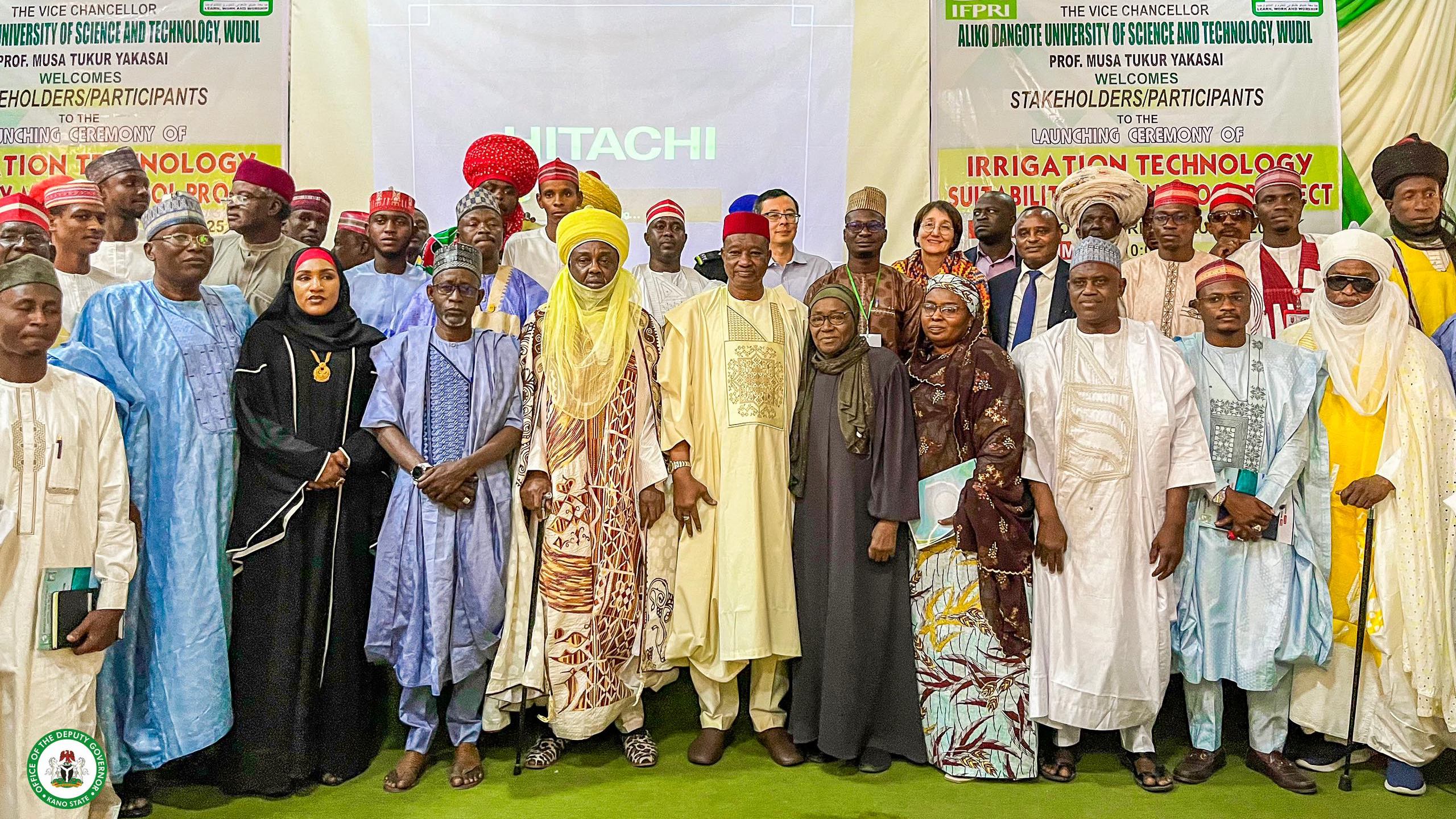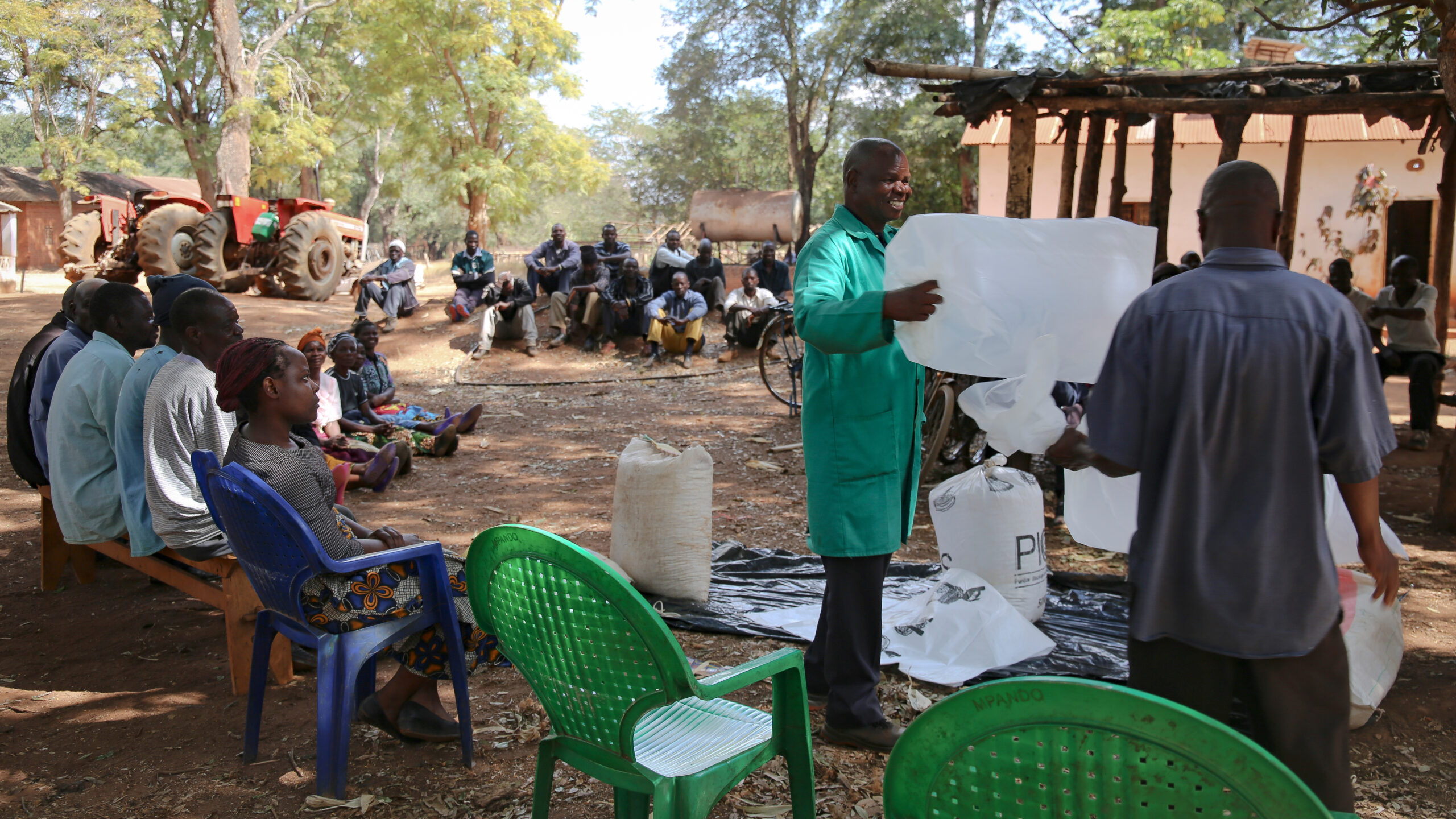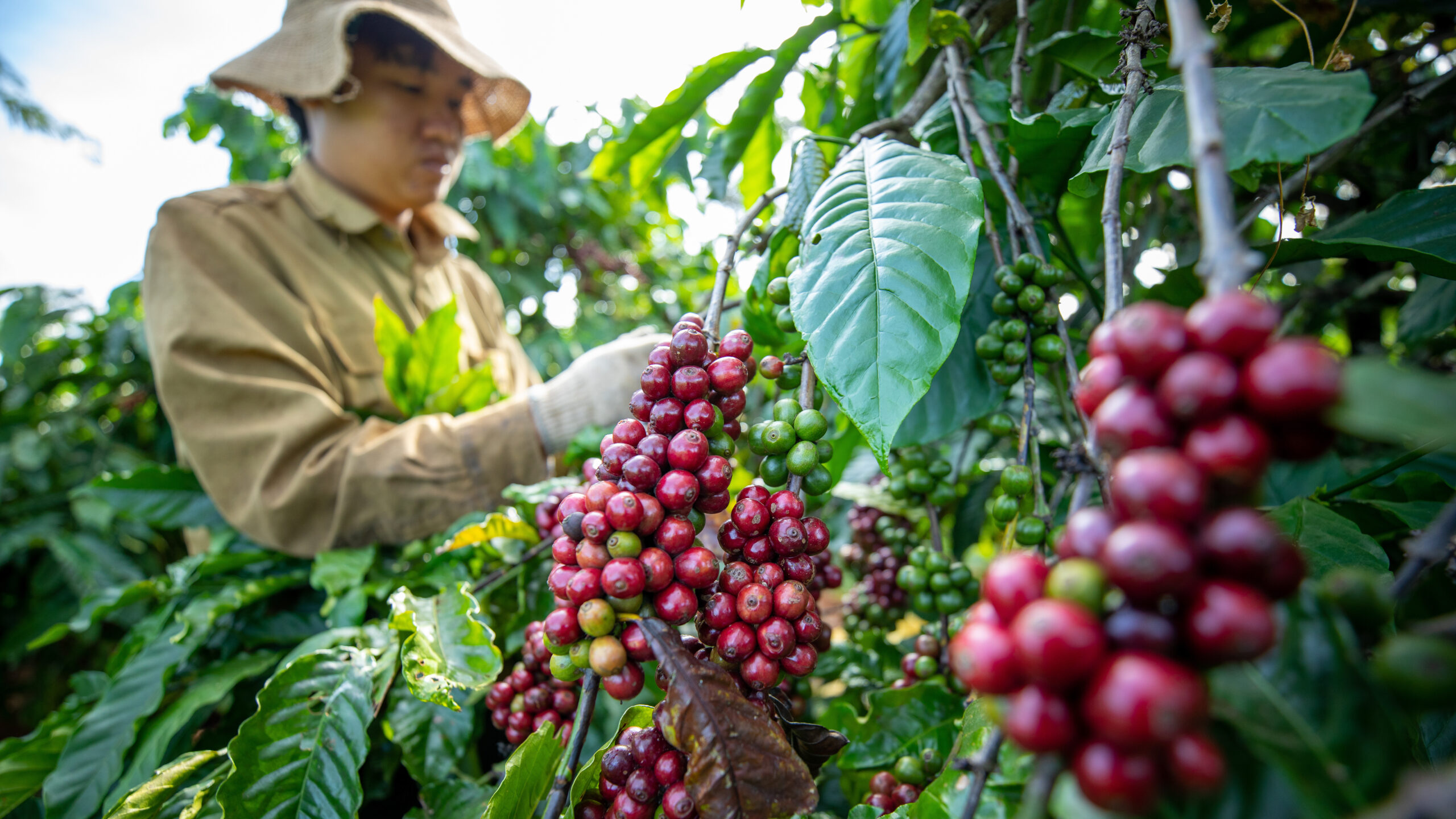This story originally appeared on the Food Security Portal blog.
Economic growth in the developing world relies heavily on credit, grants, and loans. But increasing poor populations’ access to these financial vehicles brings with it a significant amount of risk for lenders, both public and private. When selecting development interventions to financially support, lenders and donors are often faced with an “either/or” proposition – they can fund either more sustainable (and thus less risky) projects that may have lower poverty-reducing effects or less sustainable projects that will have a higher impact on poverty. How can lenders balance these two extremes in order to minimize their risk while still supporting their poverty-reducing goals?
IFPRI seeks to address this question through its Poverty Sensitive Scorecard project, now featured in more detail on the Food Security Portal’s Capacity Strengthening page . This project uses an innovative scorecard system that combines both risk scoring and poverty scoring; looking at these two factors together can help lenders balance the trade-off between sustainability and poverty targeting.
The project works by looking at a series of loan and grant applicants in four Central American countries. These projects are weighed by both their potential for poverty reduction, looking at such factors as market access and employment indicators, and their potential for sustainability, looking at the project’s direct beneficiaries and their financial characteristics. By assigning weights to each variable, the scorecard system allows lenders to more successfully determine which projects will have the most impact and the best chance of survival.
Since the project’s start in 2010, more than 50 projects from farmers’ associations in Guatemala, El Salvador, Honduras, and Nicaragua have been assessed; of these, nine have been selected for funding using the scorecard system. The nine selected projects represent a total investment of about US$1.7 million and will have nearly 6,000 beneficiaries (half of whom are women) who live in areas with high levels of poverty and a lack of market access. The projects support a wide range of agricultural products and markets, including coffee, chocolate, tropical fruits, and vegetables.
To view videos and a presentation on the project, visit the FSP Capacity Strengthening page. For more information, view the project website.







